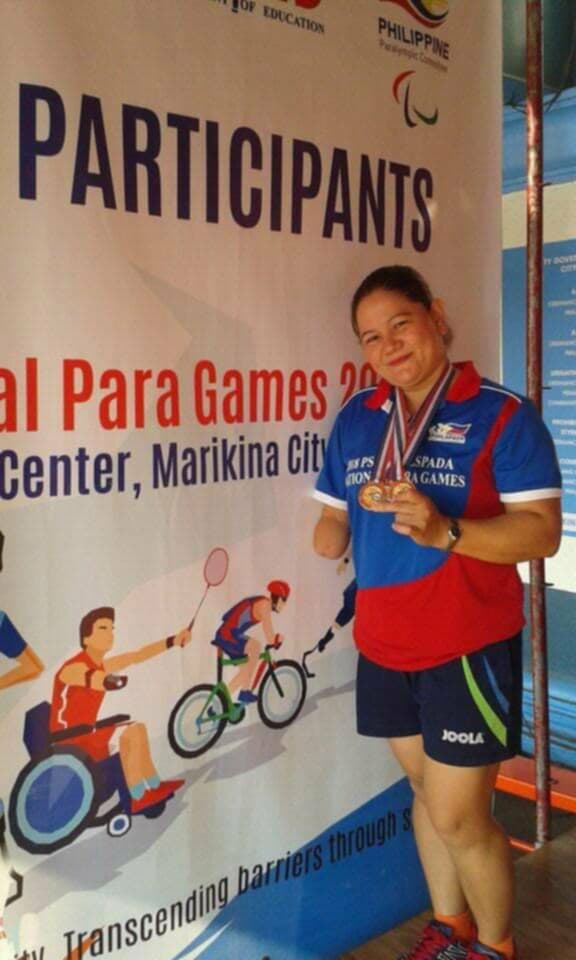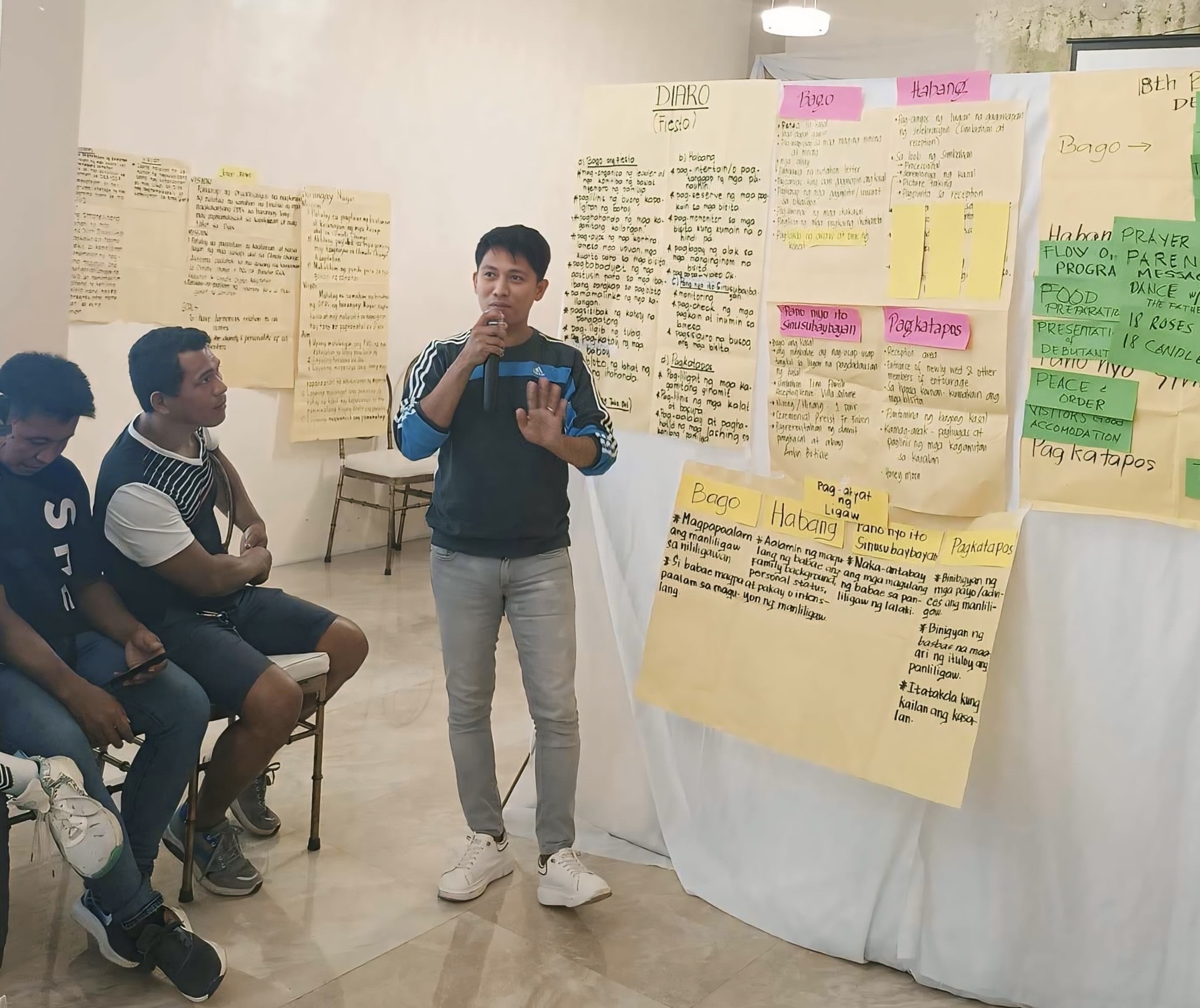Improving outcomes for women in maternal health
Stories | August 10, 2022
Julie Wilshire is currently working as CBM’s quality officer. She previously spent ten years living in Uganda supporting maternal and child health projects in the east Africa region.
In 2018, the World Health Organisation estimated that every day, approximately 830 women die from preventable causes related to pregnancy and childbirth. 99% of all maternal deaths occur in developing countries. Maternal mortality is higher in women living in rural areas and among poorer communities. The risk is even higher still for young adolescents, who face a greater likelihood of complications and even death as a result of pregnancy than other women.
The biggest cause of death related to childbirth is severe bleeding from postpartum haemorrhage. In developed countries like Australia, access to good quality obstetric care usually means the death of a mother or infant can be prevented. Yet in developing countries, this is often not the case. This can be because the clinics they have access to lack supplies and emergency equipment. Or, they cannot provide routine safe caesarean sections for obstructed labour due to a range of resourcing constraints and other barriers. For women who survive obstructed labour, they may end up with lifelong disability as a result.
While working as a country program manager in 2007 in Uganda I met a 15 year old girl named Mary. Mary had been forced into early marriage to a 30 year old man and become pregnant at 15. She went into labour while tending to crops. Mary was unable to access a hospital or maternal care due to poverty, restrictive cultural norms and a lack of awareness about complications that can happen while giving birth. After three days of obstructed labour at home, sadly her baby died. She also developed a serious obstetric fistula with total loss of urine and bowel control as a result of the birth. Mary’s husband’s uncle brought her to the local district hospital, but without any money to pay for her treatment, he left her there.
I met Mary a day after she came to hospital. She was deep in shock and despair, and traumatised by her experience. She was being counselled by the midwives at the hospital to help her deal with what had happened and encourage her to have her injuries repaired. Fortunately, a not for profit community program was offering specialised services to women, so Mary was able to have surgery to repair the damage she acquired while giving birth. The surgery was a success, but she still faced a number of challenges. If she returned to her husband, it was likely that the wound would not have the chance to heal and there was a high risk of her falling pregnant and ending up in the same situation soon again. Eventually Mary was able to find a home with a women’s refuge and where she undertook sewing training to give her a livelihood and a greater level of independence.
Many women and girls like Mary, living in developing countries, have gone through similar experiences and most of the time this is preventable.
To help address this CBM supports maternal and child health programs in a number of countries. In Nigeria CBM works with partners to support quality, accessible maternal and child health care. This includes provision of surgery and treatment to women with obstetric fistula, and help paying for transport to hospital. As fistula-related stigma means many women are rejected by their families and cannot find work, this can be a major barrier to treatment.
CBM also works with a range of partners through its advisory work to strengthen health systems and services to become disability inclusive. This includes ensuring the specific and additional health needs of women, girls and children with disabilities are considered in health planning, financing and service delivery.
If you would like to donate to help support maternal and child health, you can do so here.
https://www.cbm.org.au/stories/improving-outcomes-for-women-in-maternal-health
Related Stories

Aiming for gold and championing the rights of people with disabilities
Minnie, a 40-year-old mother of two and Treasurer of...

Jay’s journey: from hiding his disability to advocating for change
Jay, a 31-year-old hairdresser from the Philippines and father...

The Blessed Life
Mary learnt the depths of the implications of living the blessed life. The angel Gabriel had told Mary that she was going to be pregnant with the Son of God....
